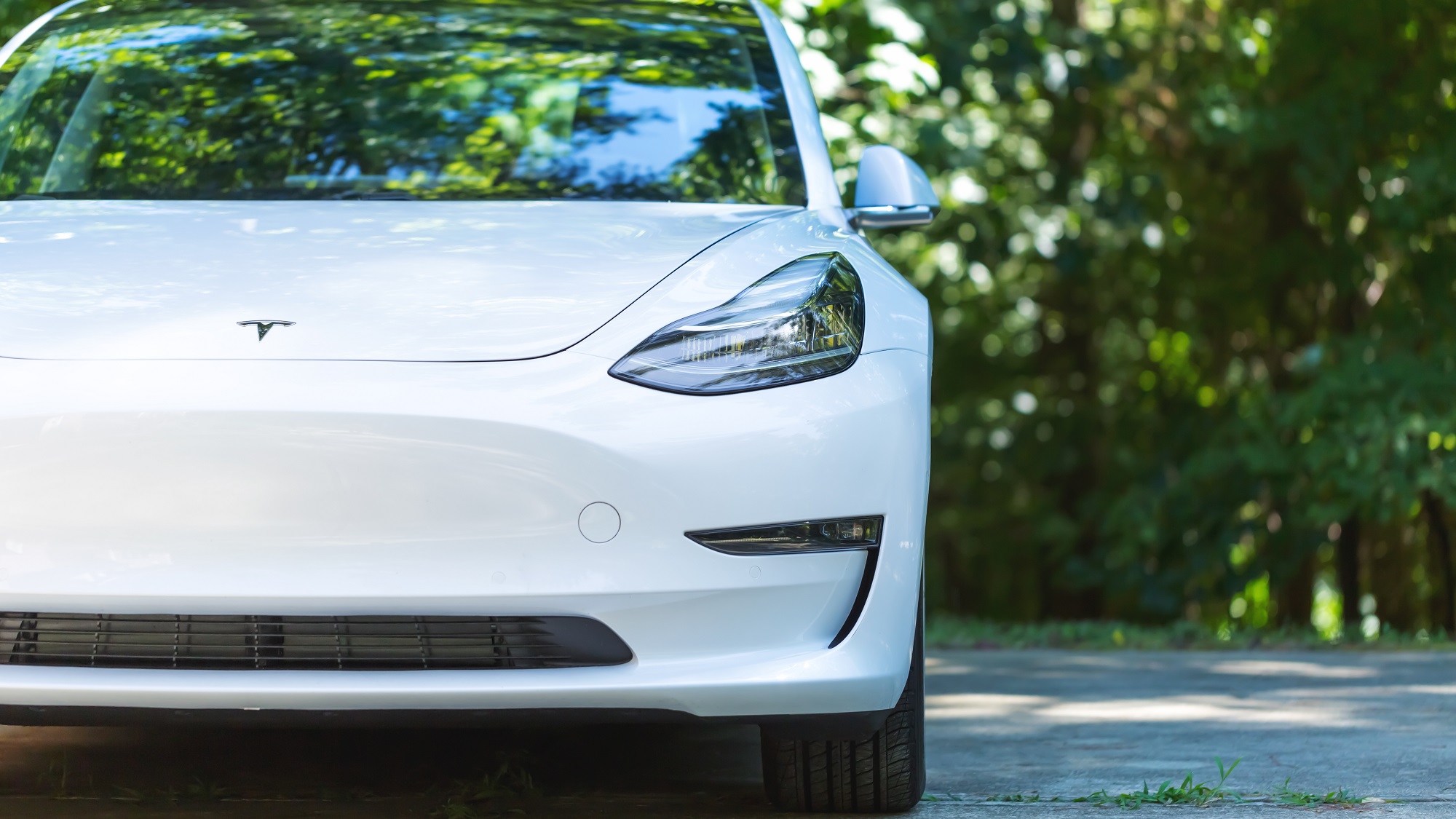It’s possible to get Apple CarPlay and Android Auto on a Tesla — here’s how
It'll require some bravery and technical know-how though

Teslas have a lot of great things going for them, like long range and one of the best charging networks around. But they are far from perfect, and one of the downsides is that none of them have support for Android Auto or Apple CarPlay.
But It might be possible to get around those limitations with some technical wizardry.
Michał Gapiński, the same programmer who figured out how to run Apple CarPlay on a Tesla back in January, is back with a new update for the Tesla Android project. A lot has changed since the start of the year, and not only has Gapiński published a detailed how-to, it’s clear that the process also ensures it’s possible to get Android Auto running on a Tesla as well.
However, it’s not an easy process, and requires a Raspberry Pi 4 and a willingness to dig around in Tesla’s software. But once you can get Android side-loaded onto the Tesla it means you can access both Android Auto and Apple CarPlay through the car’s browser.
2022.44.1 will reduce the load on your MCU. System responsiveness when it comes to autopilot visualisations, opening apps and jumping back to CarPlay feels much faster.We are getting close to OEM quality 😍Take a look on this quick preview of the new version when driving: pic.twitter.com/lfUNZRvxwaOctober 20, 2022
The video above only shows the Tesla running CarPlay, with no sign of Android Auto. But Gapiński’s instructional how-to does make it clear that the process can be used to run both pieces of automotive software. If anything Android Auto should be easier to run in a stable way, since it’s a native Android app.
That said, it doesn’t matter which of the two bits of software you actually want to use. Installing Tesla Android looks like a lengthy and rather technical process. So it is absolutely not designed for people who don’t know what they’re doing. There’s also no telling what kind of impact this tinkering will have on your warranty. So proceed at your own risk.
Owners of the Tesla Model 3 and Model Y will already know how important the central display is. Since Tesla, bizarrely, thinks its two cheapest cars don’t need driver information displays behind the wheel, everything runs through that 15-inch panel — including your current driving speed.
Sign up to get the BEST of Tom's Guide direct to your inbox.
Get instant access to breaking news, the hottest reviews, great deals and helpful tips.
Fortunately, the fact Tesla Android runs through the browser, which is an official feature on the infotainment system, means a good third of the screen is unaffected. So you’ll still be able to see all the vital information you need.
There are standalone displays, powered by a standard 12-volt car socket, that can access Android Auto and CarPlay on their own. They can cost a few hundred dollars, but they’re usually easy to set up and use.
None of this would be necessary if Tesla offered support for both apps in the first place. It’s one of the only automakers that doesn’t offer support for either, meaning users have to pay for the company’s Premium Connectivity package ($10 a month, or $99 a year) to get anything more than basic navigation in their car.
Android Auto and CarPlay are a lot more limited and lack many of the same features as a Tesla, like intelligent navigation which automatically adds charging stops on long trips. But it would be nice to have a little choice, without needing to deep dive into unofficial hacks. No matter how impressive they may be.

Tom is the Tom's Guide's UK Phones Editor, tackling the latest smartphone news and vocally expressing his opinions about upcoming features or changes. It's long way from his days as editor of Gizmodo UK, when pretty much everything was on the table. He’s usually found trying to squeeze another giant Lego set onto the shelf, draining very large cups of coffee, or complaining about how terrible his Smart TV is.
